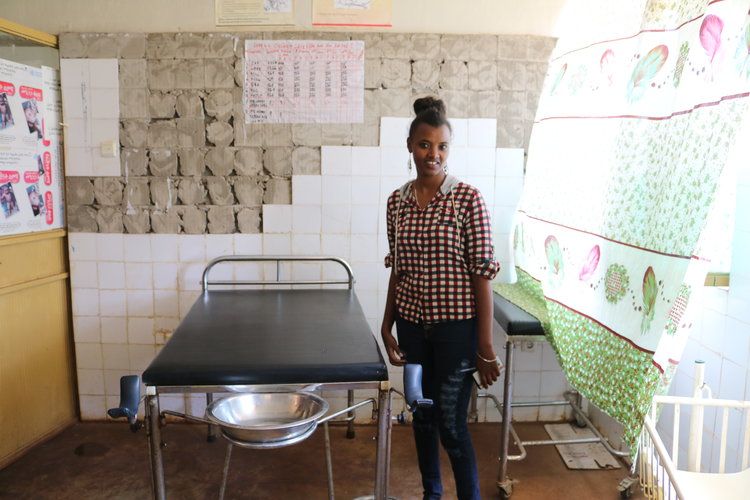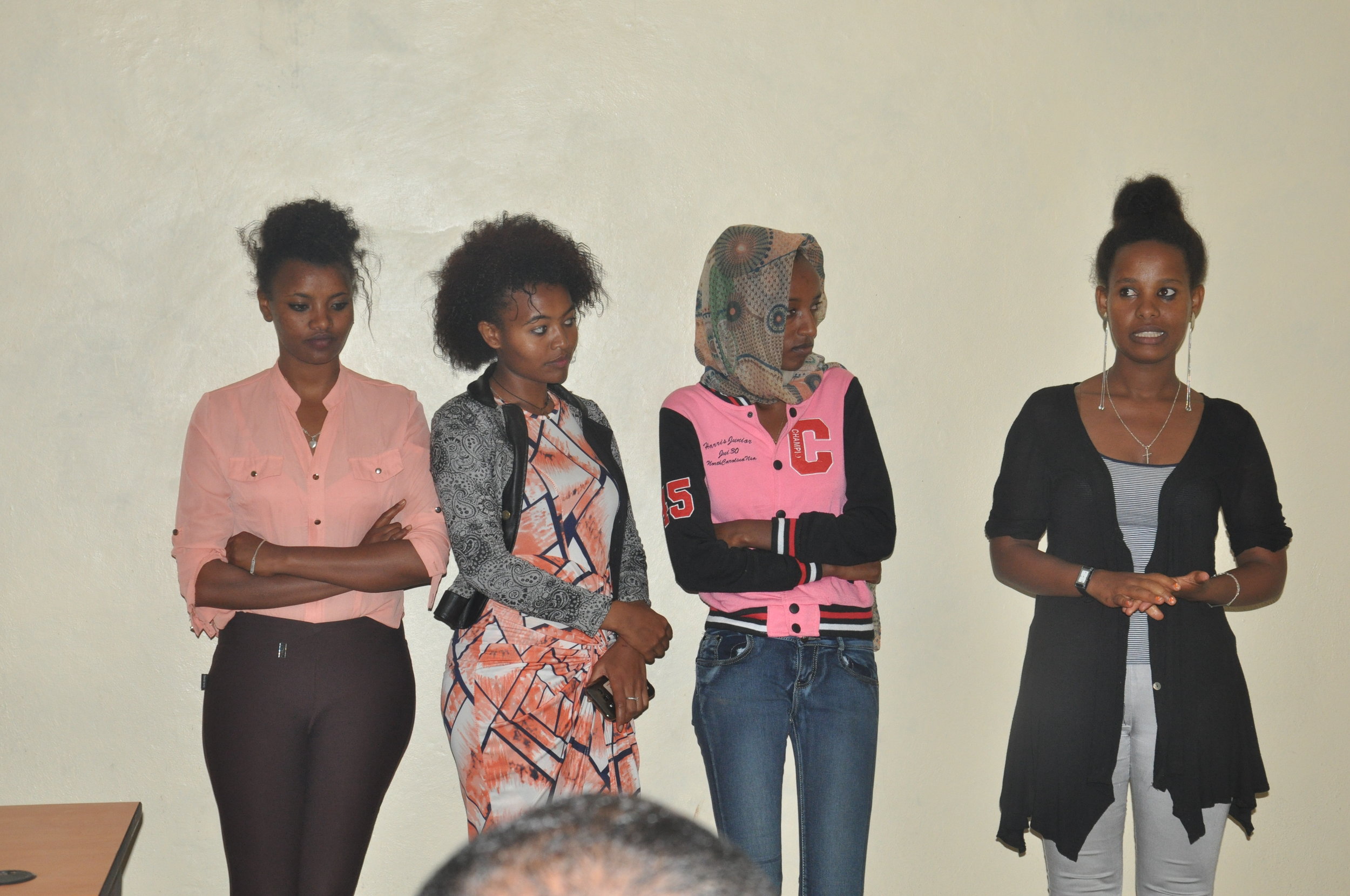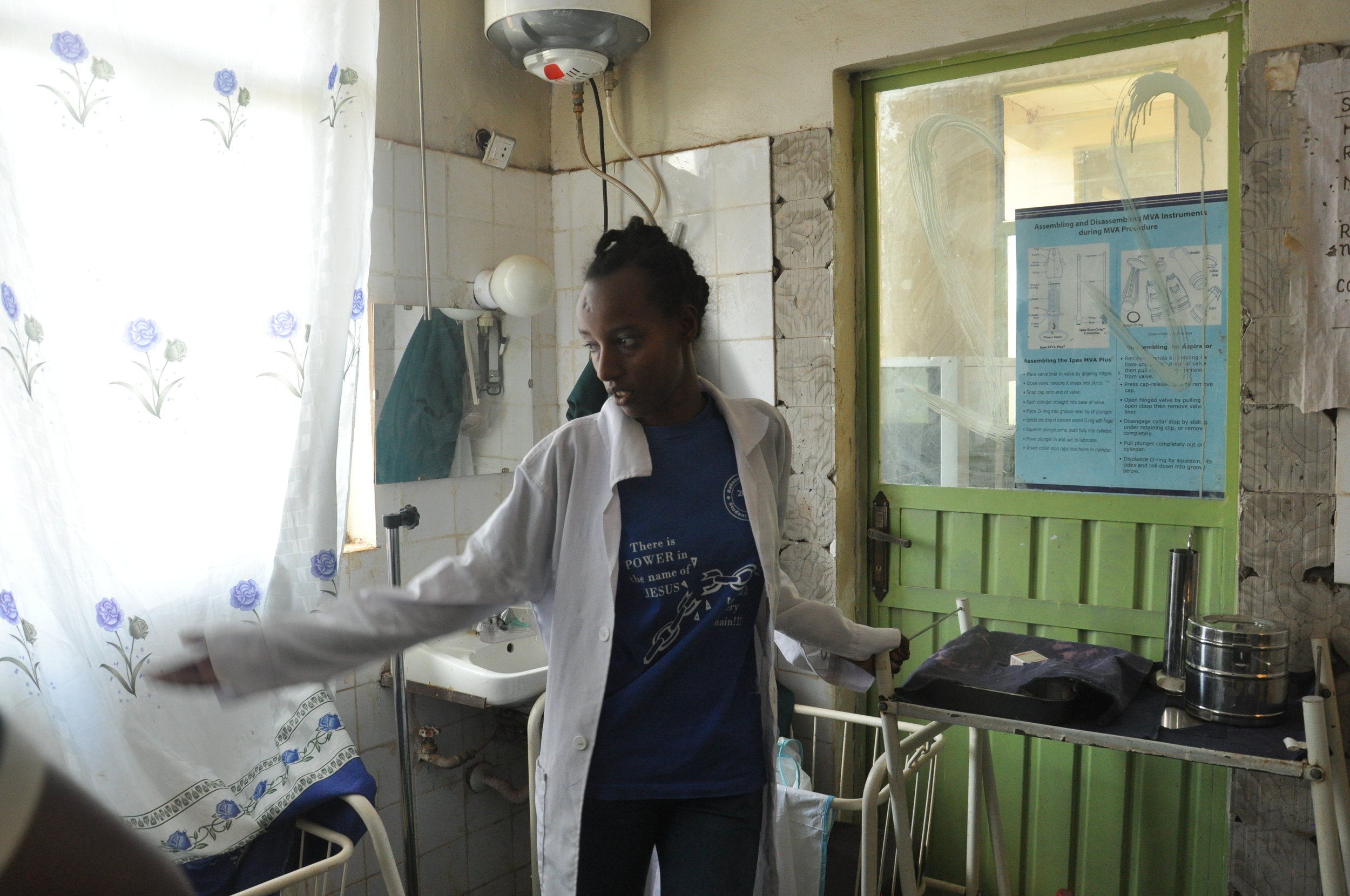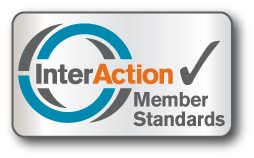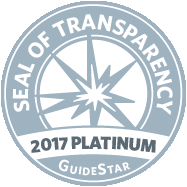Giac Nguyen cannot shake the image of seeing hundreds of blind Ethiopians get their eyesight restored.
One of the patients he saw in February was a tall 18-year-old boy who had developed cataracts from his diabetes.
“He’d just gone blind 3 or 4 months before (I met him.) It was sad to see him walking in with help from his mom, who he towered over,” Giac recalled.
Twelve hours later, moments after removing the bandages following cataract surgery, the boy’s life was transformed. He could see again, and he no longer needed his mom’s help. “The next morning, he walked his mom out,” Giac said.
Nguyen saw 954 such transformations during a five-day stint helping the Cataract Campaign, organized every year in Ethiopia by WEEMA and the Himalayan Cataract Project. Cataracts are the leading cause of preventable blindness in Ethiopia, affecting an estimated 2.4 percent of rural populations.
This year’s effort was held in Hosanna, an area six hours southwest of the capital, Addis Ababa. Ethiopians of all ages were helped, most of them older.
“It’s beautiful to see the immediate change in people when they remove the bandages,” said Giac, who assisted the doctors by trimming patients’ eyelashes before surgery and removing bandages. “People were singing, praying and bowing to God in joy and celebration.”
Giac, a 54-year-old refugee from Vietnam, is a big supporter of WEEMA’s work. He raised money running for WEEMA at last summer’s Falmouth Road Race. In fact, he attracted more donations than any of WEEMA’s non-staff runners, qualifying him for a free roundtrip to Ethiopia (compliments of Ethiopian Airlines).
His five-week trip – a week with the Cataract Campaign, three weeks working with WEEMA’s Ethiopia staff and a side visit to ancient Christian churches in Lalibela – was eye-opening both personally and professionally.
It rekindled powerful memories of Vietnam, his childhood home until he was age 10, when his family made their escape – on a boat - after the end of the Vietnam War in 1975. Visiting Ethiopia reminded him of his first return to Vietnam in the mid 1990s.
“I was delightedly surprised by the similarities between Ethiopia and Vietnam,” said Giac, a Health Unit Coordinator who now lives in Oregon. “How Ethiopia is emerging as a developing country just as Vietnam was 25 years ago. The way they treat each other, the nuclear family, reminded me of my people.”
He was also impressed by the work WEEMA’s Ethiopia staff is doing in rural communities – so impressed that he’s flying back to Massachusetts this week so he can run for WEEMA in this year’s Falmouth Road Race on Sunday.
“Being able to see it firsthand and meeting the WEEMA team really brought it home that I want to continue to help,” he said.
To support Giac and/or any of the other WEEMA runners, click here











